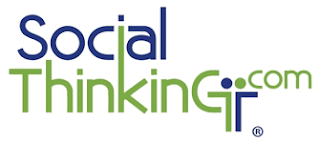Resources
Project Zero
PZ's Mission: The mission of Project Zero is to understand and enhance learning, thinking and creativity for individuals and groups in the arts and other disciplines.
American Institute for Learning and Human Development
The American Institute for Learning and Human Development supports the creation of developmentally appropriate practices and rich learning environments for children, adolescents, and adult learners. It seeks to accomplish this mission by providing timely, practical and cutting edge information via keynotes and workshops as well as books, articles, and social media posts
Social Thinking
Lives in the Balance
What kids (and the rest of us) need now
It's true, you reap what you sow. If we handle kids with power and control, that's what we get back. But what happens if we collaborate with them -- as partners -- instead? Lives in the Balance is devoted to moving things in that very direction. Our model is life-changing. Our programs are life-saving. Our research is compelling. Our web-based resources are free. And there's a lot more in the pipeline.
https://www.khanacademy.org/about
For twelve years, he was professor of arts education at the University of Warwick in the UK and is now professor emeritus. In 1999, he led a national commission on creativity, education and the economy for the UK Government. All Our Futures: Creativity, Culture and Education (The Robinson Report) was published to wide acclaim. He was the central figure in developing a strategy for creative and economic development as part of the Peace Process in Northern Ireland, working with the ministers for training, education enterprise and culture. The resulting blueprint for change, Unlocking Creativity, was adopted by politicians of all parties and by business, education and cultural leaders across the Province. He was one of four international advisors to the Singapore Government for its strategy to become the creative hub of Southeast Asia, and the guiding force in Oklahoma’s statewide strategy to cultivate creativity and innovation in culture, commerce and education.






Comments
Post a Comment